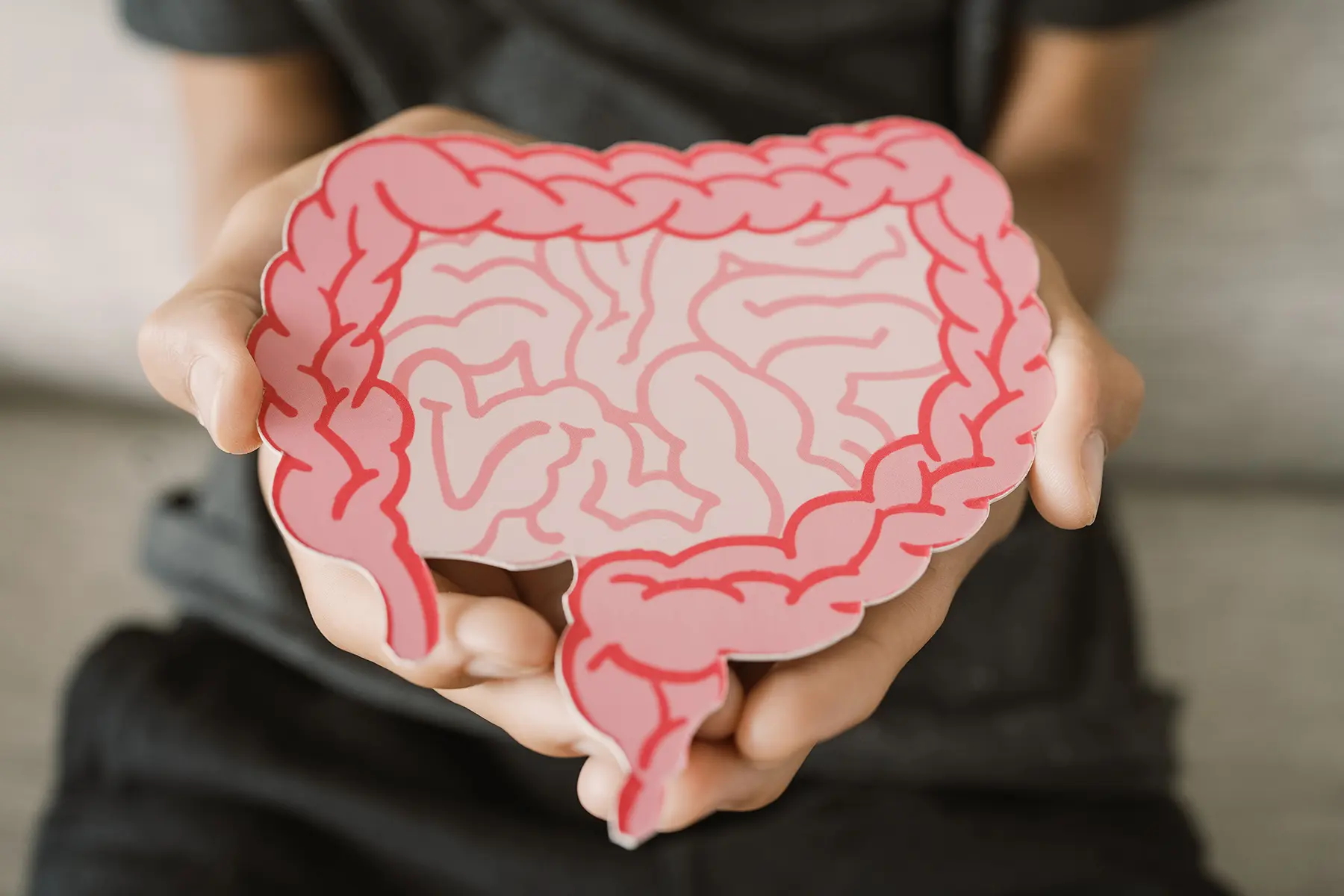Are Beets Good for You?
An unassuming root vegetable with an earthy flavor, there’s much more to the beet than the reddish-purplish color it’s known for.
Beets are at the center of several different cuisines featured in Ukrainian, French, German, and English cooking. With their mild taste and striking color, beets – or beetroot – can be used in a variety of dishes to boost the health factor.
What is the Nutritional Value of Beets?
Beets have a diverse nutritional profile, making them incredibly beneficial for a variety of reasons.
Beets have a very high water content, with 87% of their volume coming from water. They’re also high in fiber. A ¾ cup serving of raw beets provides two to three grams of fiber and is under 50 calories.
Beets are also rich sources of different vitamins, minerals, and organic compounds, including:
Vitamin B9 (Folate)
Manganese
Potassium
Iron
Vitamin C
Betalains
Eating Beets to Promote Heart Health
Beets are high in nitrates, which have been associated with positive effects on cardiovascular health. A 2018 study surveyed 38 patients and found that 45 minutes after consuming a beetroot juice supplement, the patients’ nitric oxide levels had increased by an average of 21%.
Eating foods with higher nitric oxide content is shown to improve blood flow and reduce blood pressure, thus helping to lower the risk of heart disease.
Recent research shows the antioxidant and anti-inflammatory properties of beets, making beet consumption a useful therapeutic approach for reducing the chances of developing cardiovascular disease.
The root vegetable also contains phytosterols, which are chemical structures in plants that help to lower the body’s levels of cholesterol by promoting cholesterol excretion.
Anti-Inflammatory Properties of Beets
Beets are great tools for combating inflammation throughout the body. Beets contain betalains, a group of highly bioactive pigments shown to have high antioxidant and anti-inflammatory capabilities.
Inflammation — in principle — is good for the body, showing that the immune system is working and reacting to the right pathogens. That being said, chronic inflammation – when inflammation persists and is unresolved – can be connected to the onset and development of several health conditions including obesity, liver disease, heart disease, and cancer.
With the increasing interest in natural and complementary treatments, betalains and beetroot extracts have emerged as successful anti-inflammatory agents, helping to relieve symptoms of inflammatory diseases.
A 2021 review of the anti-inflammatory activity of betalains revealed that in several different studies, betalains significantly reduced inflammatory markers across populations.
Eating Beets for Heightened Brain Functioning
We’ve established that beets are high in nitric oxide, which improves blood flow throughout the body. Proper blood flow to the brain is extremely important at any age, but especially useful as you age.
Cognitive function, focus, and mental acuity decline as you get older — but beets can be helpful in combating these changes. A 2017 study revealed how consuming beetroot juice in combination with regularly exercising is extremely beneficial for brain neuroplasticity in aging patients. Neuroplasticity refers to the ability of neural networks in the brain to change and react.
The study also found that the specific benefits of beet juice on the brain’s neuroplasticity manifests in positive motor and cognitive functioning.
Eating Beets for Digestive Health and Detoxification
Because of their high fiber and betalains content, beets promote a healthy digestive system and help eliminate toxins from the body.
The percentage of fiber per serving of beets aids in preventing constipation and supporting regular bowel movements.
The reddish-purple root vegetable plays a key role in strengthening the gut microbiome. A 2023 study published in Food Chemistry looked at how consuming beetroot juice affected bacteria in the gut. The study found that after two weeks, there was a significant increase of A. muciniphila (a healthy bacteria that protects and strengthens the gut lining) and a decrease of B. fragili (a potentially toxic bacteria).
Two weeks of consuming beetroot juice also increased the production of isobutyric acid in the gut. Isobutyric acid supports digestive health by reducing inflammation. This can help relieve symptoms of gastrointestinal conditions, specifically irritable bowel syndrome.
Eating Beets to Enhance Athletic Performance and Stamina
Not only are beets generally good for your heart, but if you are an athlete, they can improve your performance and stamina!
Because of their high levels of nitric oxide, beets enhance oxygen delivery to the muscles, which can improve endurance and exercise performance.
A 2017 systematic review looked at how beetroot juice consumption impacts cardiorespiratory endurance in athletes. It suggests that supplementing with beetroot juice can increase efficiency in athletes by improving performance of distance and time. The nitric oxide can benefit an athlete’s anaerobic threshold intensity and maximum oxygen uptake, which is defined as the most amount of oxygen one can utilize during exercise.
Incorporating Beets Into Your Diet
Beets are remarkably beneficial for your health and well-being, so there is no denying you should try to incorporate them into your diet. Some ways to enjoy beets include:
Slicing and adding them to salads or pastas
Adding them, raw or precooked, into a smoothie
Blending them into a sauce or dip
Roasting or boiling them, and eating them alongside a protein and a starch
Beets are just one of many vegetables that are versatile and easy to add to a variety of culinary creations. Start eating beets today, and unlock their numerous health benefits.
If you are thinking about making changes to your diet to feel your best, LifeMD can help.













